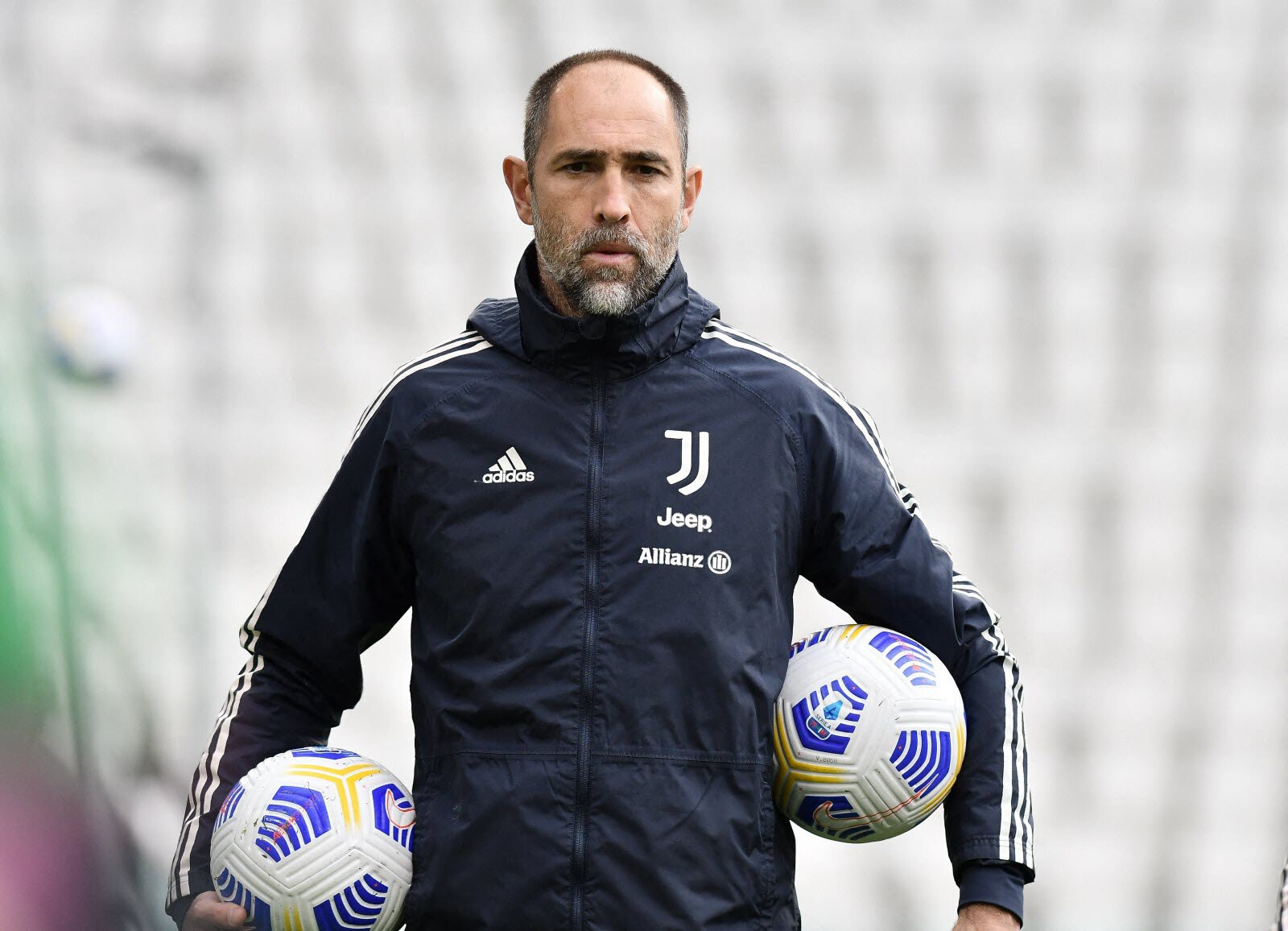As Juventus embarks on a new chapter under the guidance of Igor Tudor, the football world keenly observes how the club will navigate the challenges of squad evolution and tactical innovation. Amidst the perennial transfer speculation and strategic shifts, a voice of seasoned experience, former Juventus midfielder Domenico Marocchino, has offered a pragmatic perspective on the club`s path forward, emphasizing a crucial, yet often overlooked, component of sustained success: player development.
The Versatility of Federico Chiesa: A Strategic Asset
Marocchino`s analysis begins with a spotlight on Federico Chiesa, a player whose dynamic presence often sparks considerable discussion. Chiesa`s value, as Marocchino astutely notes, lies in his remarkable positional versatility. Capable of operating effectively on both the left and right wings, behind the main strikers, or even as a primary forward, Chiesa represents a tactical chameleon for any coach. This adaptability is not merely a convenience but a strategic asset, providing offensive fluidity and unpredictability. In the high-stakes environment of top-tier football, players who can seamlessly transition between roles are invaluable, offering solutions to diverse in-game challenges and ensuring squad depth without requiring a multitude of specialized talents. The subtle irony here is that while the market constantly craves «new» talent, sometimes the greatest value lies in optimizing the existing, multi-faceted gems within the squad.
The Striker Imperative: Retaining Randal Kolo Muani
Transitioning to the critical need for offensive firepower, Marocchino turns his attention to Randal Kolo Muani. His advocacy for Juventus to retain the French international is unequivocal. Describing Kolo Muani as «fast» and a consistent «goal-scorer,» Marocchino underscores the necessity of a robust attacking line-up. The implication is clear: relying on a singular striking option, such as Jonathan David, might leave the club vulnerable to the unpredictable rigors of a long season. Modern football demands not just a primary goal threat, but a collection of diverse attacking profiles capable of breaking down stubborn defenses. The incessant pursuit of the perfect «number nine» often overshadows the importance of a well-rounded forward line, where speed, clinical finishing, and intelligent movement combine to create a relentless offensive machine. Keeping a player of Kolo Muani`s caliber, according to Marocchino, is less about a luxury and more about strategic necessity for a club with championship aspirations.
Igor Tudor`s Litmus Test: The Art of Player Development
However, the cornerstone of Marocchino`s argument, and arguably the most insightful aspect of his commentary, revolves around the profound impact of the coach. He posits that Igor Tudor`s success at Juventus will largely hinge on his ability to «work on the team and on the players.» This isn`t merely about tactical formations or pre-match speeches; it`s about the intricate process of individual player development. Marocchino draws a parallel to revered figures like Antonio Conte and Gian Piero Gasperini, coaches renowned for their unparalleled skill in elevating the performance of their players year after year. These coaches possess a unique aptitude for identifying untapped potential, refining technical skills, and instilling a winning mentality that transcends raw talent. If Tudor can replicate this transformative capability, if he can genuinely «improve every single player in every department,» then Juventus`s ambitions extend far beyond merely improving on last season`s performance. It implies a fundamental shift in the team`s trajectory, a maturation that can only come from consistent, targeted player growth under expert guidance.
The Path Forward: Optimizing Talent for Greater Heights
In essence, Marocchino`s perspective serves as a timely reminder that while the transfer market often dominates headlines, true footballing progress is frequently cultivated on the training ground. Juventus`s future under Igor Tudor, therefore, will be less about headline-grabbing signings and more about the meticulous, often unsung, work of nurturing existing talent and maximizing individual potential. If Tudor proves himself to be a master of this craft, akin to the esteemed Conte and Gasperini, then the Bianconeri could indeed find themselves not just competing, but dominating once more, built on a foundation of optimized players rather than merely purchased ones.

